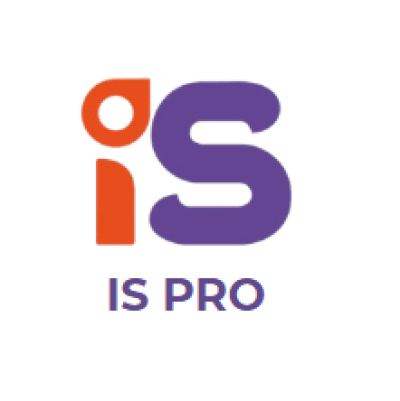Decoding Business Licenses in Dubai: Commercial, Professional, Industrial, and E-Trader
Starting a business in Dubai involves more than just having a great idea—choosing the right Dubai business license is equally crucial. Whether you’re offering consultancy services, trading physical products, launching a manufacturing unit, or starting an online venture, Dubai’s Department of Economic Development (DED) provides different types of trade licenses tailored to business activities. Understanding the distinctions between each license type can help entrepreneurs and investors operate legally and efficiently in the UAE’s dynamic business ecosystem.
The most common license categories include commercial licenses in Dubai, professional licenses in the UAE, industrial licenses in Dubai, and the increasingly popular E-Trader license in Dubai. Each of these license types caters to specific business activities and has its own compliance, ownership structure, and approval processes.
A commercial license in Dubai is intended for businesses engaged in trading activities. This can include importing, exporting, selling goods, and offering services across a variety of sectors. Companies such as general trading firms, real estate brokerages, and retail shops fall under this category. The commercial license allows businesses to operate both within Dubai and the wider UAE market, and it is ideal for entrepreneurs who want to deal with physical products or manage a portfolio of commercial activities.
In contrast, the professional license in the UAE is geared toward individuals and businesses offering services based on intellectual or artistic talent. Consultants, designers, IT professionals, legal advisors, and accounting firms typically require this license. One of the main advantages of a professional license is the ability to retain 100% ownership as a foreign national, provided you appoint a UAE national as a local service agent without ownership rights.
For those venturing into manufacturing and production, the industrial license in Dubai is the appropriate choice. This license permits businesses to engage in industrial and factory-related activities, including assembling, fabricating, or producing products on a larger scale. Issued by the DED in coordination with external regulatory bodies, the industrial license requires additional approvals, such as environmental and safety clearances, due to the nature of the operations.
With the digital economy on the rise, Dubai has also introduced the E-Trader license, designed for individuals who wish to conduct business through social media and online platforms. This license is particularly beneficial for solo entrepreneurs, freelancers, and home-based businesses that do not require a physical office. The E-Trader license in Dubai supports activities like selling handmade products, digital content creation, online consultancy, and social media marketing services.
Choosing the correct type of Dubai business license depends on your business model, structure, and future growth plans. Each license not only ensures legal operation but also opens the door to visas, corporate banking, and supplier relationships. Moreover, Dubai’s free zones offer customized license packages, allowing 100% foreign ownership, tax exemptions, and other incentives. However, free zone licenses may come with limitations on direct trade within the UAE mainland.
Navigating these options can be complex, especially for first-time investors or foreign entrepreneurs unfamiliar with local laws. Partnering with a reliable business setup consultant or PRO service provider in Dubai can streamline the application process, secure approvals, and ensure timely renewals.
Ultimately, understanding the trade license types in Dubai is foundational to building a compliant and successful enterprise in one of the world’s most vibrant business hubs. Whether you aim to trade globally, consult locally, manufacture regionally, or sell digitally, Dubai offers the licensing framework to help your business thrive.

